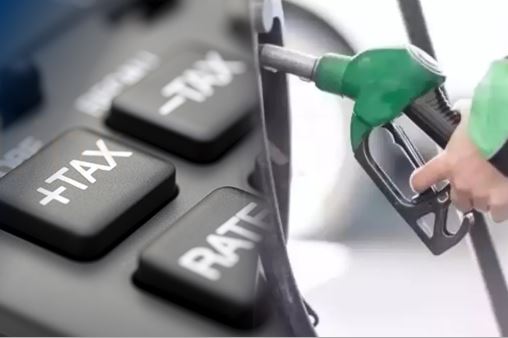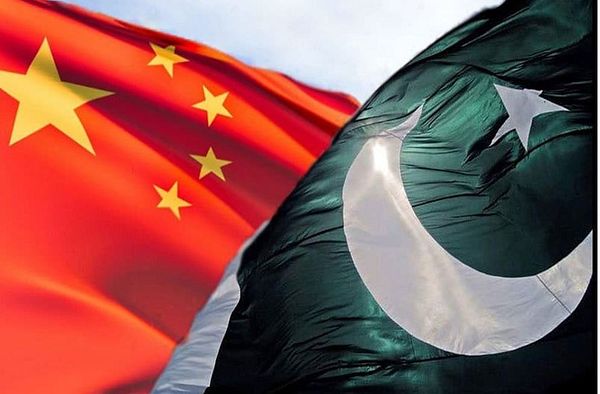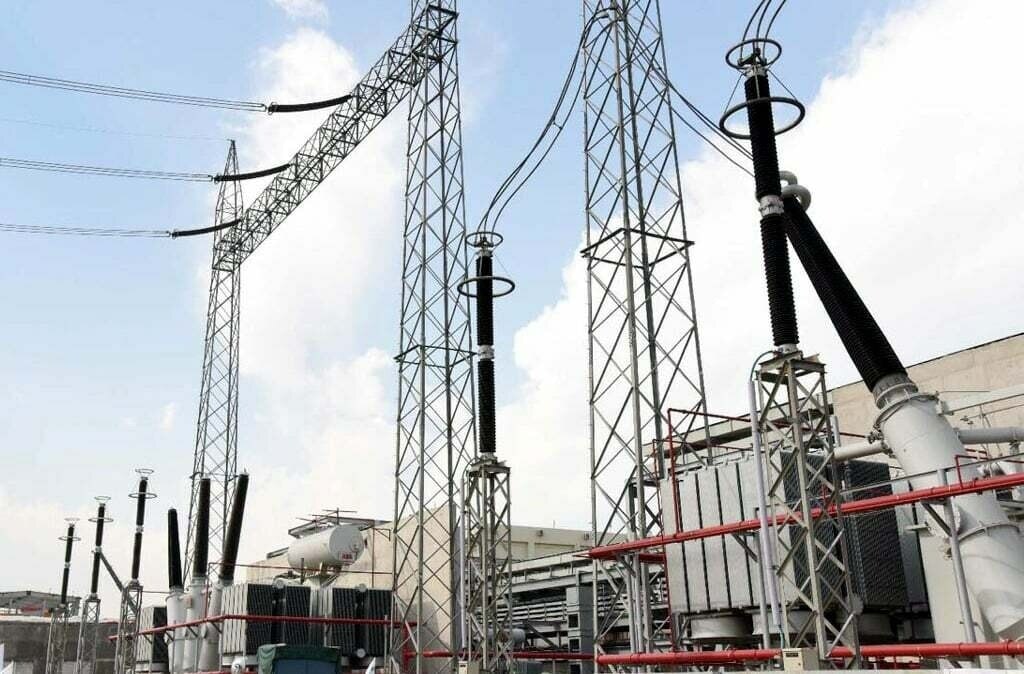The recent increase in petroleum prices by the federal government has triggered widespread condemnation across Pakistan. Traders, industry leaders, political representatives, and civil society activists have voiced strong opposition to the move, warning that the fuel price hike will unleash a new wave of inflation and economic hardship, particularly for small businesses and low-income families.
The Sarhad Chamber of Commerce and Industry (SCCI), along with Tajir Itehad Khyber Pakhtunkhwa, has firmly rejected the recent surge in fuel prices, calling it an irrational and damaging decision.
Fazal Moqeem Khan, President of SCCI, criticized the hike, stating that it would directly raise industrial costs and diminish the global competitiveness of Pakistani products. “This decision undermines economic growth and puts unnecessary strain on entrepreneurs and small enterprises already struggling with inflation,” he remarked.
Senior SCCI members including Abdul Jalil Jan (Senior Vice President), Shehryar Khan (Vice President), and other executive committee members echoed similar concerns. They described the price hike as a “ticking time bomb” likely to trigger another wave of inflation. “Businesses, already battered by high utility costs, now face a grim future with rising transportation expenses and operational costs,” they added.
Their concerns are rooted in the immediate economic fallout: transport fares have already surged, leading to a noticeable spike in the prices of essential commodities. According to traders, the fuel price hike has set off a ‘tsunami of inflation’, eroding the purchasing power of the common man.
Members of Tajir Itehad Khyber Pakhtunkhwa also expressed their frustration. Mujeeb Ur Rehman, the group’s president, warned that the increase in fuel prices will inevitably raise the prices of all daily use commodities, making life even more difficult for average citizens. “The cost of doing business is becoming unbearable. Every new hike threatens to shut down another small business,” he stated.
These sentiments reflect a broader fear among small and medium-sized enterprises (SMEs), who are already navigating an uncertain economic environment. Business leaders believe that continuing to treat fuel pricing as a fiscal shortcut for revenue generation is destabilizing Pakistan’s macroeconomic framework.
The SCCI also pointed out how petrol, once a basic necessity, has now become a daily financial burden. “The relentless rise in fuel, electricity, and gas prices is making business operations unsustainable,” the chamber said in a joint release. This creates a ripple effect: as businesses incur more costs, they pass them on to consumers, pushing inflation further.
They warned that the cumulative increase in petrol and diesel rates—Rs13.72 and Rs21.76 per liter respectively over the past month—has already disrupted supply chains, burdened the transport sector, and hiked production costs across the board.
Political voices have joined the chorus of dissent. Qaumi Watan Party’s spokesman, Tariq Ahmad Khan, strongly criticized the federal government’s move. “A vast majority of our people are already living under the poverty line. Such decisions add to their misery,” he said.
His concern was echoed by Jamaat-e-Islami (JI) Khyber Pakhtunkhwa, whose Emir issued a harsh condemnation of the decision. He called it “an anti-people policy” that shows a clear disconnect between the rulers and the needs of the people.
The JI leader emphasized that the poor are the hardest hit. “When the government refuses to pass on the benefit of declining international oil prices to its own citizens, it fails in its basic responsibility,” he added.
He further demanded an immediate rollback of the fuel price increase and called for the adoption of pro-poor energy policies. “The government must devise long-term strategies to reduce reliance on petroleum imports and promote alternative energy sources,” he concluded.
One of the key criticisms has been the government’s failure to reduce domestic fuel prices in line with falling international oil prices. Industry analysts have noted that while global crude prices have softened in recent weeks, local fuel rates in Pakistan have continued to rise, raising questions about the government’s pricing mechanism.
This disconnect between international and domestic pricing fuels speculation that petroleum levy and taxation are being used as tools to fill fiscal gaps rather than offer relief to the public.
The fuel price hike does not merely affect businesses—it also places immense strain on the daily lives of millions. Transport costs have increased significantly, leading to higher food prices. Combined with rising utility bills, the average household now faces one of the most expensive cost-of-living periods in recent memory.
For example, daily commuters and public transport users are already reporting fare increases of 10–15% in various urban centers. Market vendors also report a jump in logistics costs, further compounding inflationary pressures.




